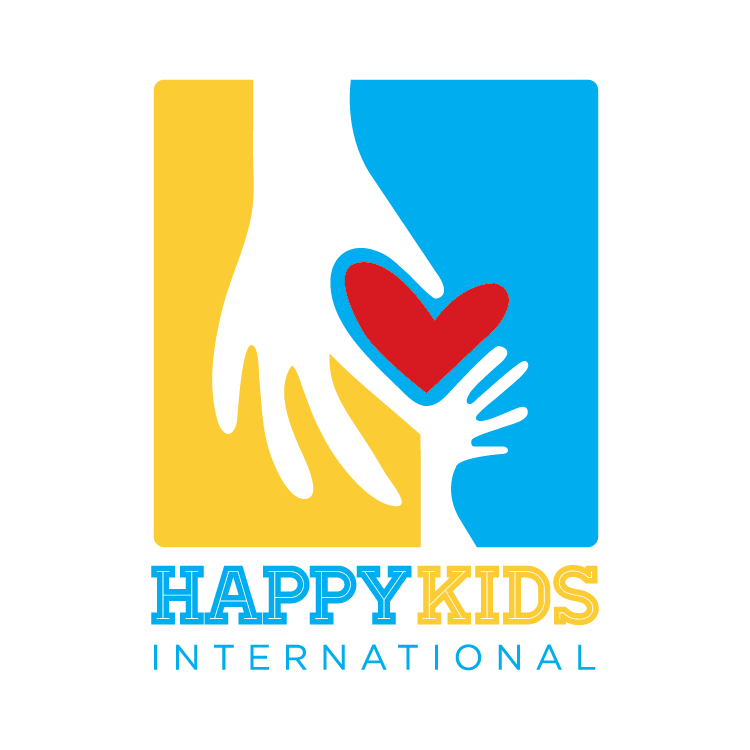Our Impact
Happy Kids International (HKI) cherishes every relationship in all the places we are invested. Our ministry is reflected in the people we work with and minister alongside. We value the time taken to learn and encourage one another along with providing resources to the best of our ability. Through relationship development, we go from being visitors to being neighbors, which is a vital process to becoming agents of long term change in country. Relationship building is one of the key components of the Happy Kids DNA.
300
children served weekly
Our Kids Camp serves approximately 300 kids each Saturday. During these weekend camps the kids are engaged with fun, enriching activities and most importantly, taught the word of God in an exciting way. Through volunteers who share God’s love, these kids are given an experience that makes them feel like they are important. HKI’s vision is to pour into these little ones, giving them a foundation that will cultivate purpose and leadership for their future.
10
years of dedicated service
HKI have been actively serving our program partners internationally. We’ve seen amazing progress throughout the past 10 years. In the past 10 years we’ve established a feeding program that feeds 25 children each week. We have also established a bread program where those who are in hungry and in need are able to use our facility to make breads in our bread oven. Our medical treatment programs goes into areas where individuals are unable to afford care and treats them free of charge. These acts of service have shown people who Christ is, drawing many to follow Him. Through consistent love and service, HKI is now known as a place where those in desperate need can come for relief.
2
International Base Camps
HKI has two properties, one in Fond Douze, Haiti and one in Villeta, Cundinamarca, Colombia. These facilities serve as safe spaces for children with programs like Kids Camp, where children to come and experience a fun, educational, event where the gospel is poured into them in a fun way. They also serve as vocational training hubs for women and men who’ve been disenfranchised by society, offering skills that will allow them to flourish in their community. Lastly, they serve as a training ground for future community leaders in ministry.
